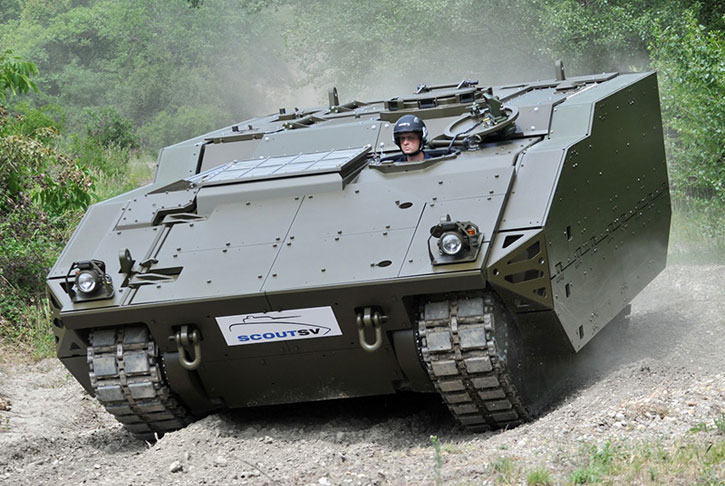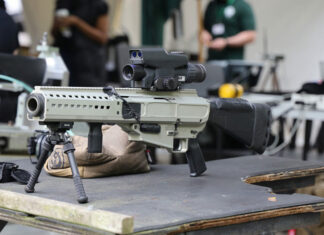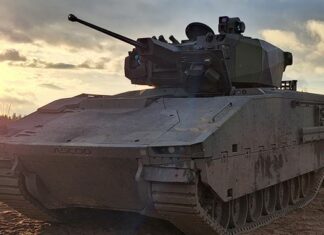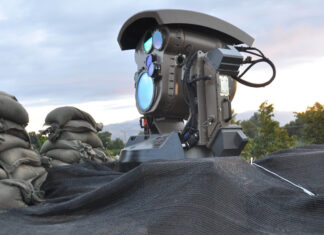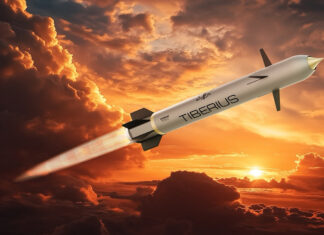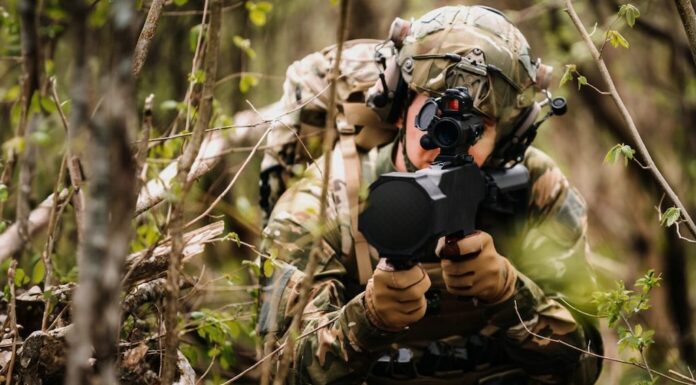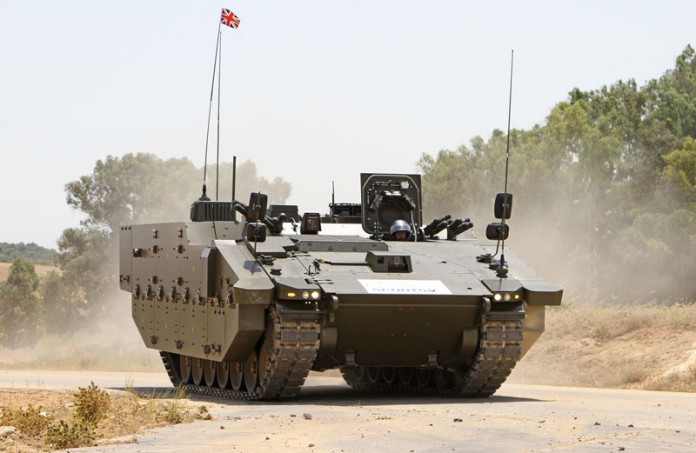
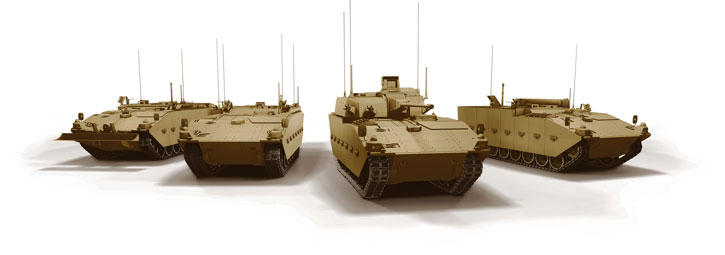
General Dynamics UK (GDUK) unveiled today the Scout Specialist Vehicle (SV) at the DVD event in Millbrook Proving Ground in the UK. This is the first of a new generation of armoured vehicles being developed for the British Army.

The review covered the PMRS system architecture, including the physical architecture and software, its sub-systems and PMRS specific design interfaces, as well as confirming its mine and ballistic survivability design following an extensive test regime. The overarching CDR for the PMRS variant, which will take place this year, will establish the final design of the variant for future production, drawing upon lessons learned from the PMRS pre-production prototype.
In April GDUK announced a major step forward with the completion of the critical design review (CDR) of the troop carrier variant of Scout SV. It is the first variant to have completed such a review
In service, PMRS will provide safe transportation of fully-equipped soldiers in a well-protected environment. On dismount, troops will be able to more effectively conduct a variety of tasks, such as dismounted surveillance (including patrols), observation posts and close target reconnaissance. Its extensive capabilities include acoustic detectors, a laser warning system, a local situational awareness system, an electronic countermeasure system, a route marking system, an advanced electronic architecture and a high performance power pack.
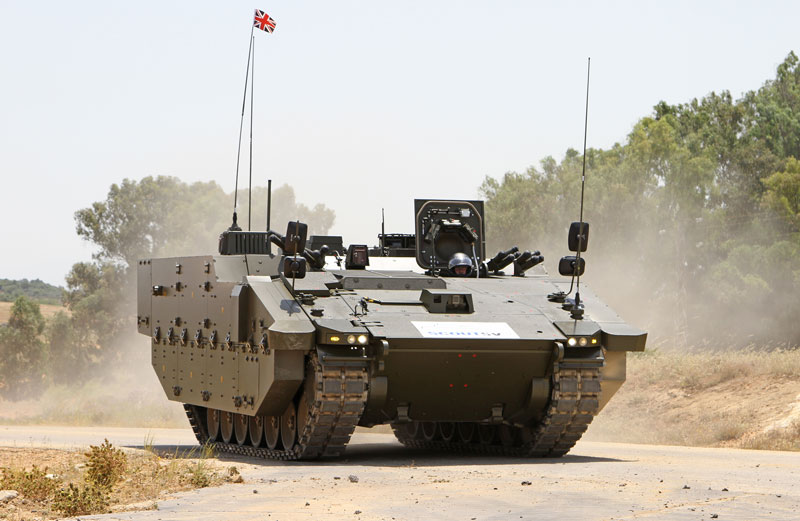
The Scout SV family of vehicles are based on Common Base Platform derived from the Ascod II, already used by the Spanish and Austrian military. The British version is modified and designed to address specific British requirements, maximise commonality in mobility, electronic architecture and survivability. Each variant of the family – one of which is the PMRS variant – will be a highly-agile, tracked, medium-weight armoured fighting vehicle, providing British troops with state-of-the-art protection.
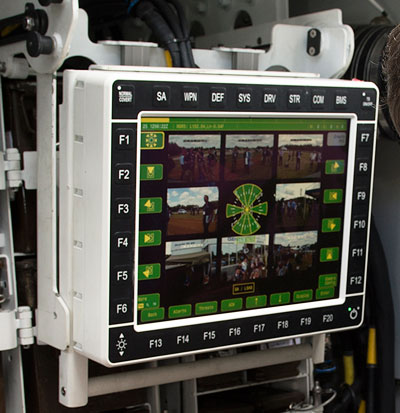
Scout SV is initially being developed in four variants. Besides the troop carrier, which can carry eight soldiers, there is also a scouting vehicle and recovery and repair variants. The troop carrier and scout variants will both be armed with a 40mm cased telescope cannon, under development as a joint venture between BAE Systems and French company Nexter.
The turret developed by Lockheed Martin UK is also on display at DVD. Lockheed Martin is displaying turret’s Engineering Development Unit (EDU), representing the Scout reconnaissance variant turret concept. The EDU is used to de-risk development and early testing and integration of the turret system. The EDU includes the CT40 cannon and ammunition handling system, the traverse and elevation motor and gearbox, primary and secondary sighting systems and the turret basket with seating.
